Electric Pet Fence Installation Tips
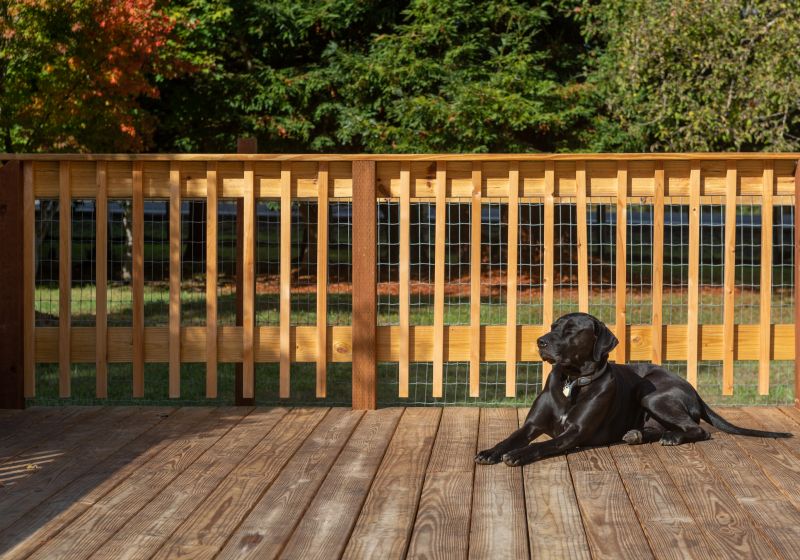
Spring offers moderate weather conditions ideal for outdoor electrical work and installations.
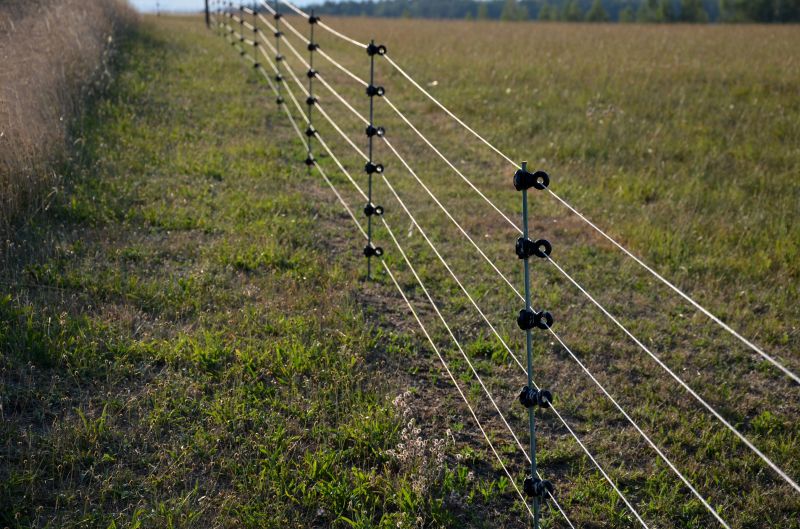
Summer provides longer daylight hours and stable weather, facilitating efficient installation processes.
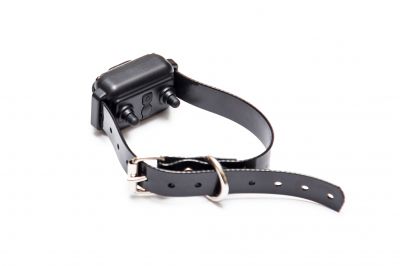
Fall allows for preparation before colder months, with generally dry conditions suitable for outdoor setups.
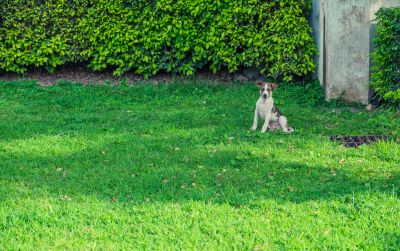
Ways to make Electric Pet Fence Installations work in tight or awkward layouts.
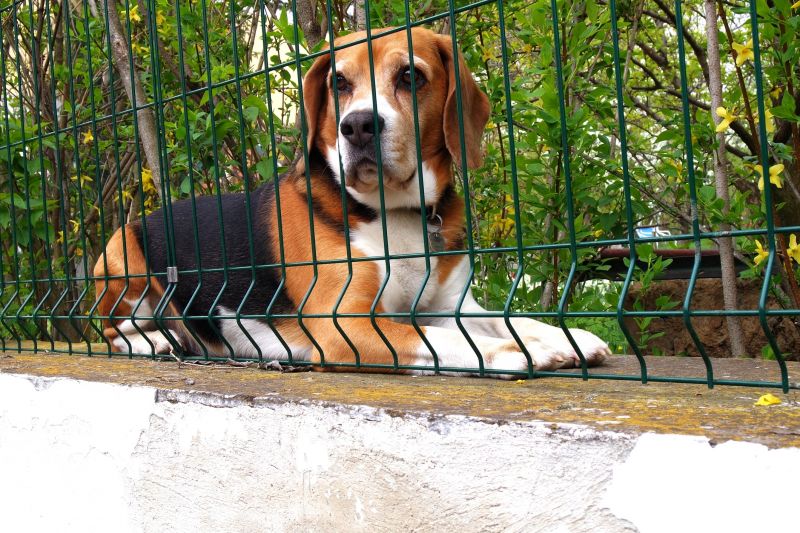
Popular materials for Electric Pet Fence Installations and why they hold up over time.
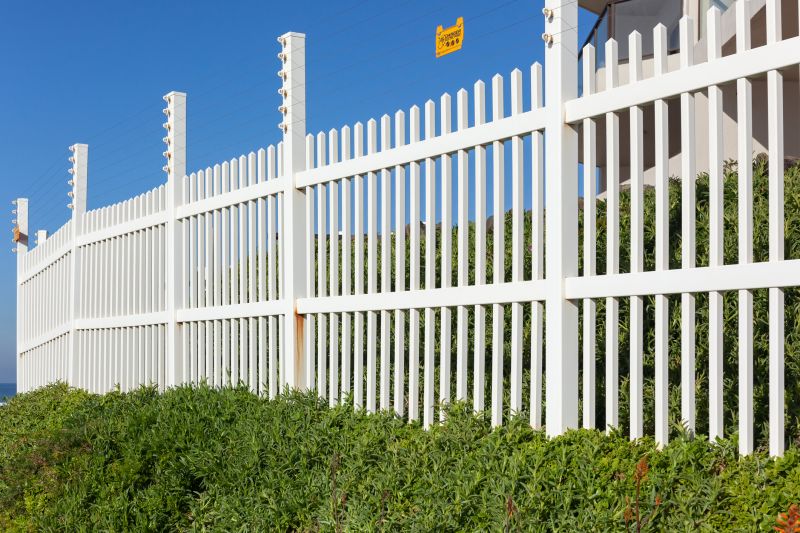
Simple add-ons that improve Electric Pet Fence Installations without blowing the budget.
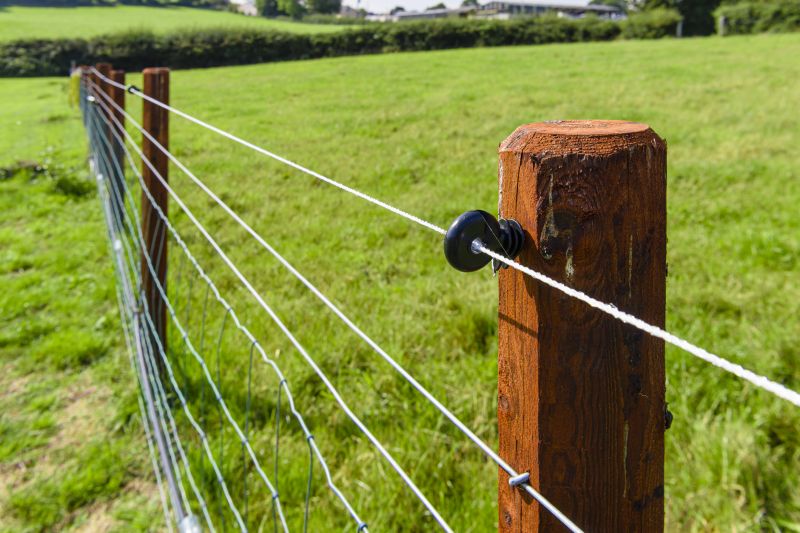
High-end options that actually feel worth it for Electric Pet Fence Installations.
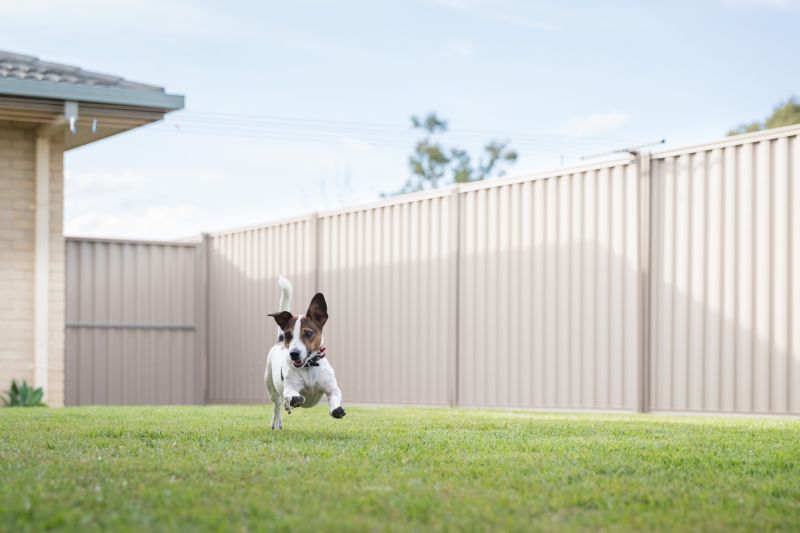
Finishes and colors that play nicely with Electric Pet Fence Installations.
Electric pet fences are a popular choice for pet owners seeking a safe and effective boundary solution. These systems utilize underground wiring and containment collars to keep pets within designated areas without physical barriers. Proper installation ensures the system functions correctly, providing peace of mind for pet safety and containment.
Statistics indicate that electric pet fences can reduce the risk of pets escaping by up to 90%. They are suitable for various yard sizes and can be installed in different terrains. The installation process typically involves burying wiring around the perimeter and setting up the control unit, which can be completed efficiently during favorable weather conditions.
Dry, moderate weather minimizes installation delays and ensures wiring is properly buried without weather-related disruptions.
Choosing a time when pets are less active reduces stress and ensures a safer installation environment.
Installing before winter or heavy rain seasons helps prevent damage to wiring and equipment.
Spring and fall often have more flexible scheduling options due to milder weather.
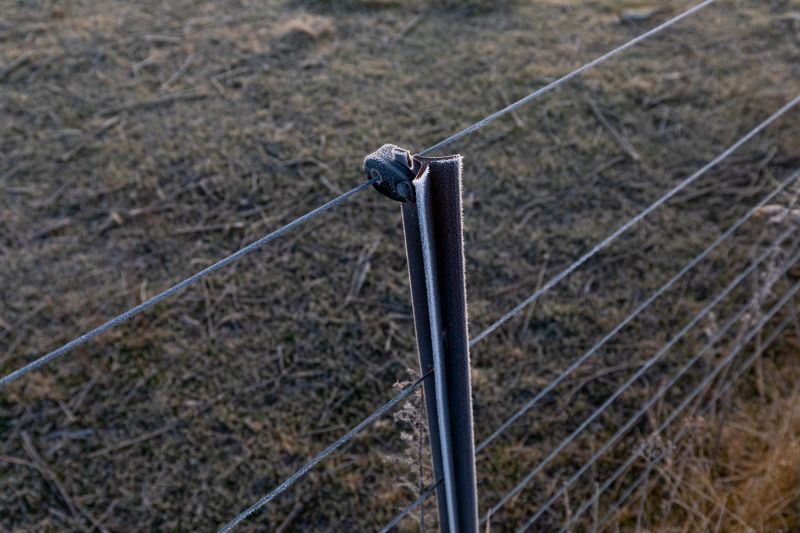
A technician installs underground wiring, ensuring minimal disruption and long-lasting boundaries.
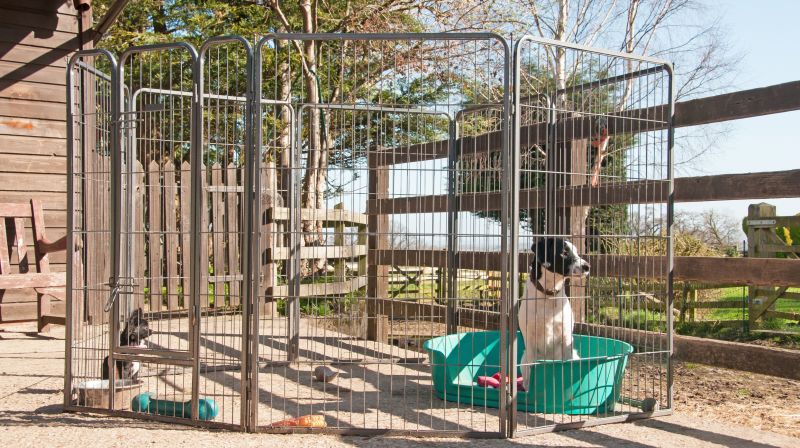
Positioned in accessible yet protected locations for optimal system performance.

Proper collar fitting is essential for effective communication between the system and the pet.

Clear debris and mark boundary lines to facilitate smooth installation.

Installation teams monitor weather forecasts to avoid delays caused by rain or storms.

System testing ensures the boundary is correctly established and pets respond appropriately.
| Season | Ideal Conditions |
|---|---|
| Spring | Moderate temperatures, dry weather, longer daylight |
| Summer | Warm, dry conditions, extended daylight hours |
| Fall | Cooler temperatures, dry weather, pre-winter setup |
| Winter | Cold, potentially wet or snowy, less ideal |
Installing an electric pet fence during optimal weather conditions enhances system longevity and performance. Proper installation during these times ensures wiring remains undamaged and the system operates reliably. Planning ahead for seasonal changes can prevent delays and additional costs associated with weather-related issues.
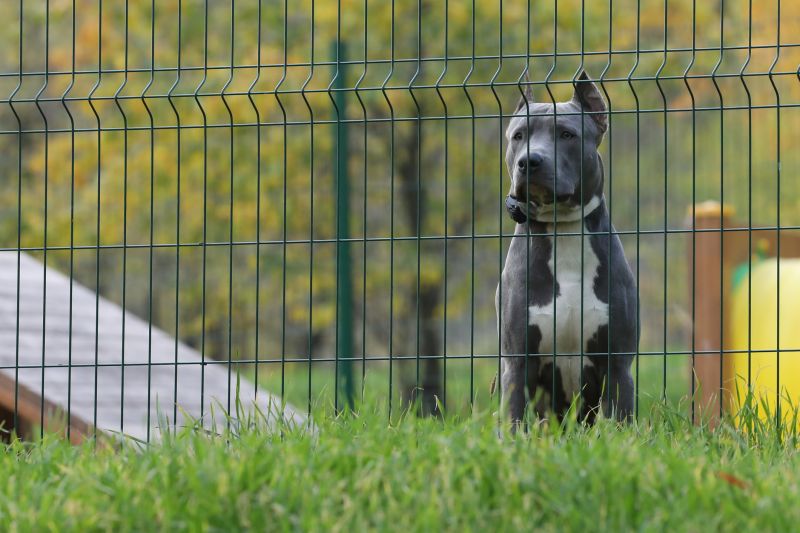
Effective boundary setup keeps pets safe within designated areas.
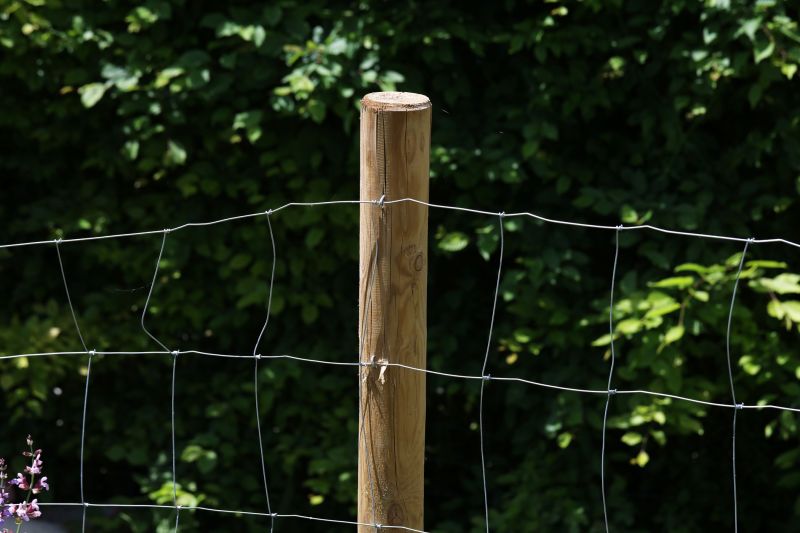
Discreetly installed wiring preserves yard aesthetics and durability.
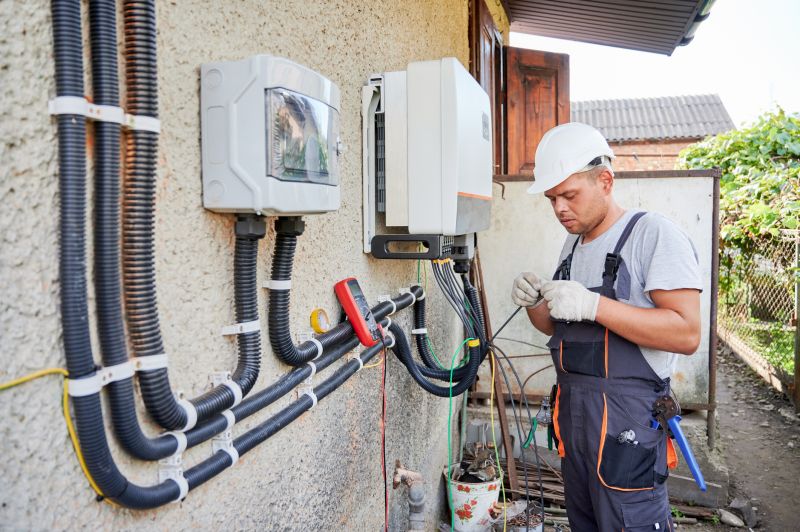
Ensures the boundary is correctly established and functioning properly.
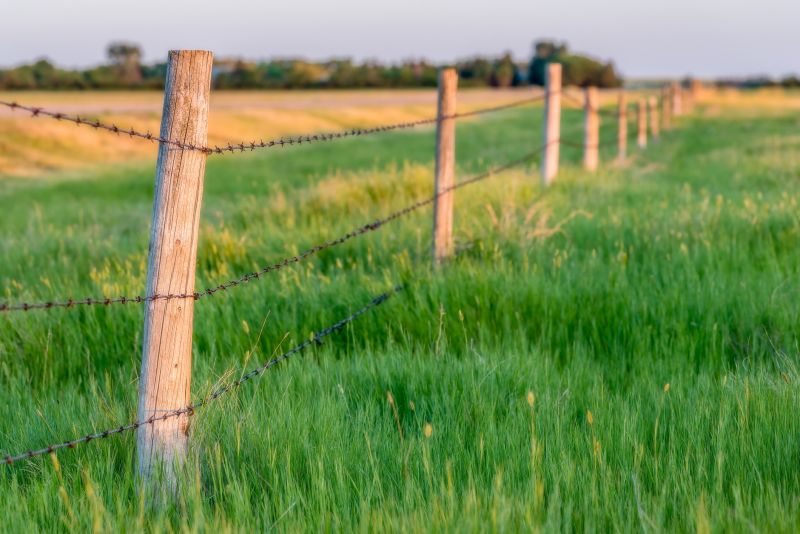
Preparing the yard helps facilitate a smooth installation process.
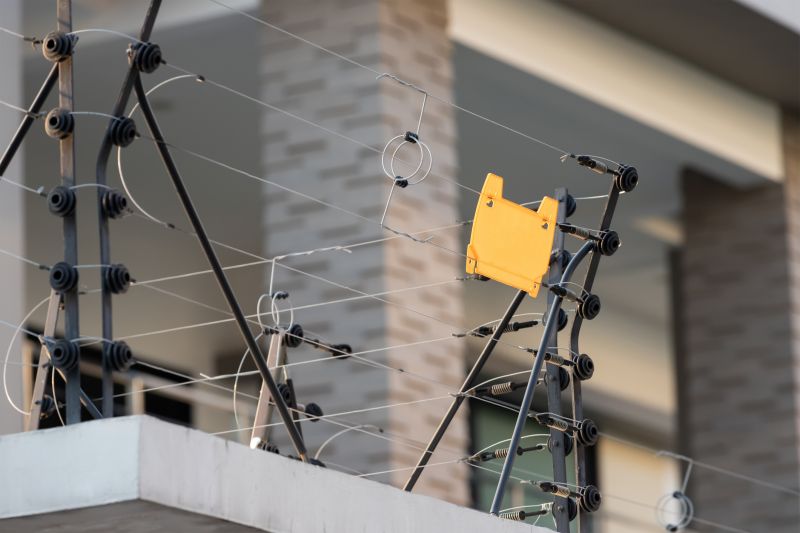
A 60-second routine that keeps Electric Pet Fence Installations looking new.
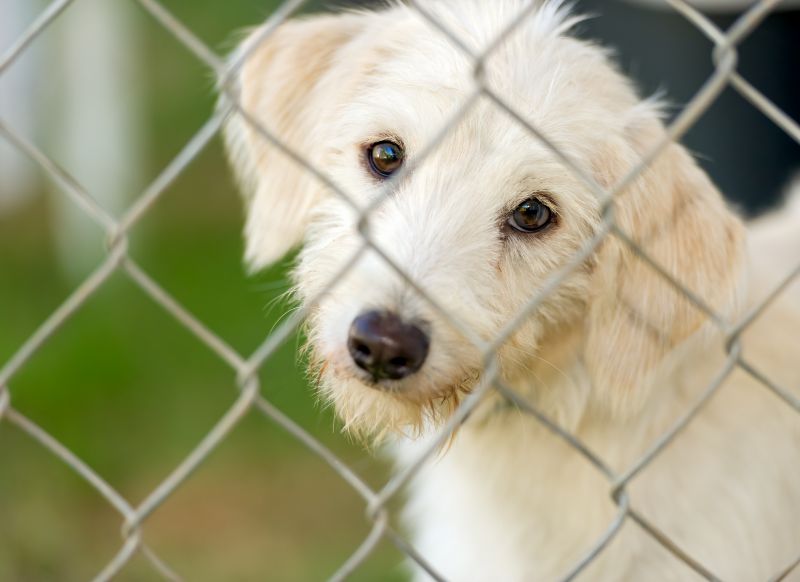
A frequent mistake in Electric Pet Fence Installations and how to dodge it.
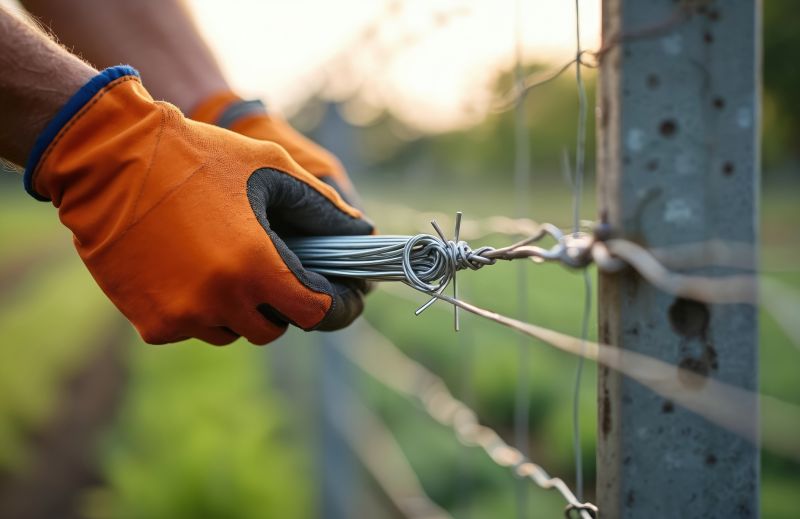
Small tweaks to make Electric Pet Fence Installations safer and easier to use.

Lower-waste or water-saving choices for Electric Pet Fence Installations.
Interested in electric pet fence installations? Filling out the contact form provides the necessary details to schedule an installation at a suitable time. Proper timing and preparation contribute to a successful setup, ensuring pet safety and system effectiveness.



